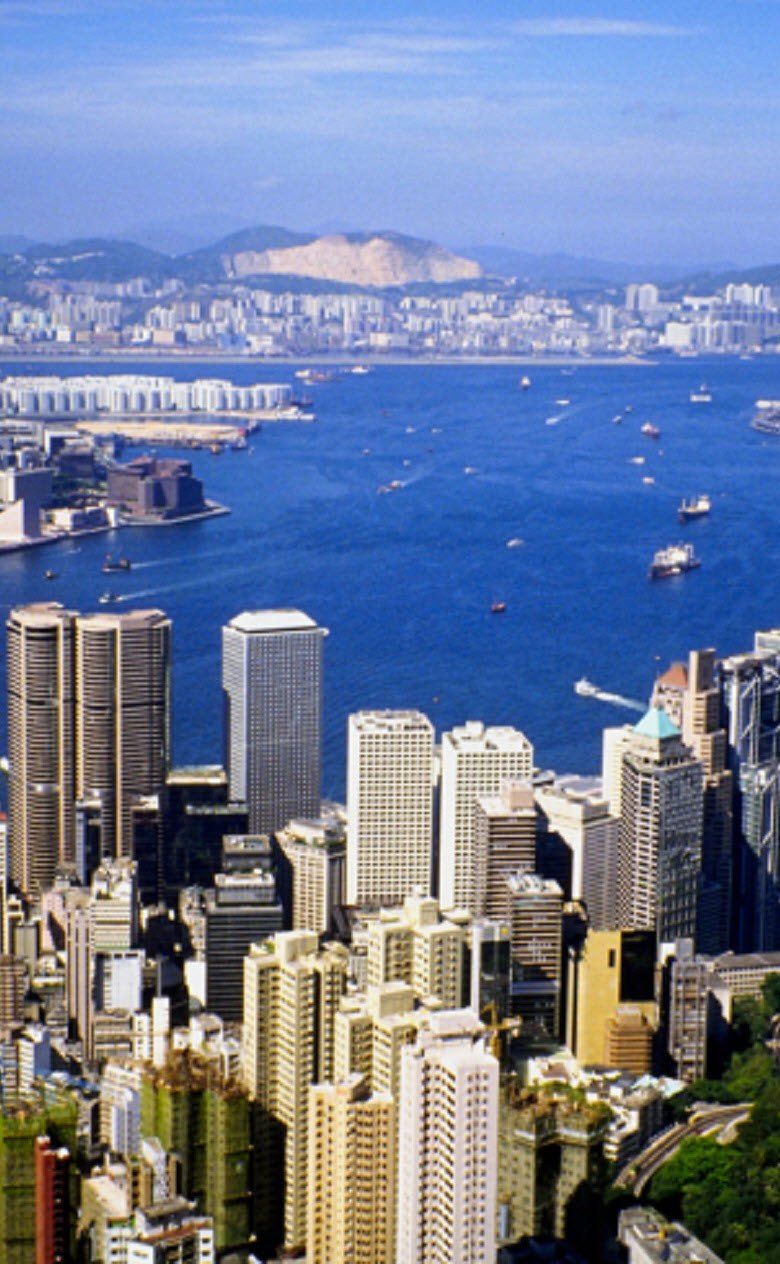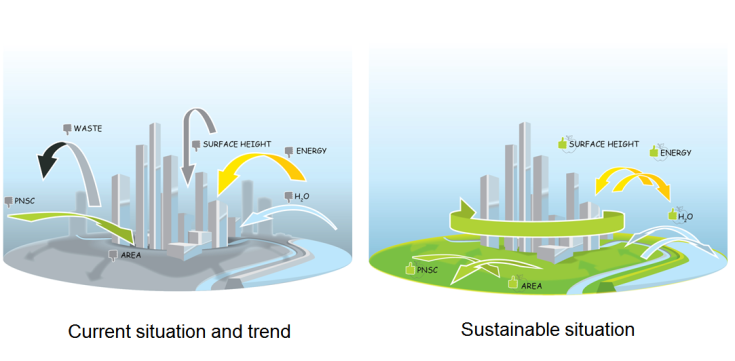Sustainable Delta cities
In 40 years from now, approximately 70% of the world's population will live in cities. This strong urbanisation trend has an effect on the environment and intensifies pressure on natural resources. Growth will be particularly evident in cities in deltas, which will also face additional pressure as a result of climate change, land subsidence and sea-level rise. Cities worldwide are facing the challenge of becoming increasingly robust, resilient and sustainable. Urban stakeholders, both public and private, need a picture of the potential problems, effective solutions and action strategies.

Integrated solutions address several difficulties at the same time
Cities are increasingly having to cope with problems relating to safety, habitability, mobility, energy supplies, water supplies and health. These problems are interrelated; they affect and amplify one another. Integrated solutions are needed. That requires urban planning designs, approaches to structuring and techniques that resolve several difficulties at the same time, and ensure that cities are robust in the face of increasing pressure. To analyse the challenges and implement solutions, interdisciplinary knowledge and skills are necessary: an understanding of the soil and water system, socio-economic factors, infrastructure and governance, as well as appropriate solutions. Deltares has that knowledge, and we supply integrated solutions. The value can be seen in:
- Greater certainty and frameworks for action
- Less vulnerability, more security and resilience
- Less damage
- More effective management and maintenance
- More economical use of resources (energy, water, land, nutrients)
- Beneficial use of resources
- Sustainable use of new resources
- Exploitation of nature-based solutions/ecosystem services
- Improved (healthy, safe, pleasant) living environment
We focus in particular on
- The development and application of models for functions, risks and opportunities relating to the water and soil system
- Support for planning and urban design (Water-Sensitive Urban Design)
- Climate adaptation
- Nature-based solutions and ecosystem services
- Resource efficiency (water, nutrients, land surface, land elevation)
- Flood risk management
- Land subsidence
- Urban water/groundwater and soil management
- Water and soil energy
- Health and the water and soil system
- Prevention of disruption and damage (flooding, subsidence, foundations)
- Governance and transition management.
Interaction between the physical system and urban functioning
In our projects, we analyse the interaction between the physical system and the way a city functions. We use this knowledge to develop and apply innovations that contribute to the quality of urban design, spatial planning, and the effectiveness of management and maintenance.





